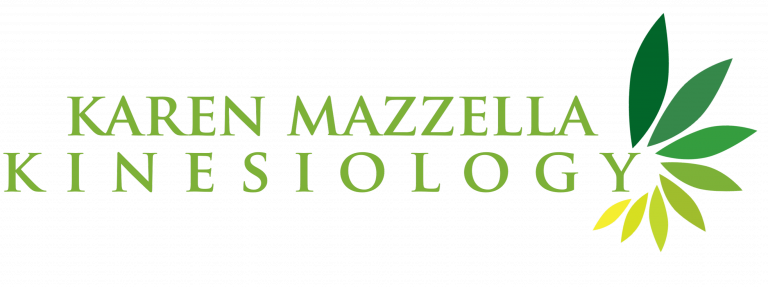My latest research has taken me in the direction of Alzheimer’s, dementia and brain health from the mainstream perspective. This is because my nursing work has a restorative focus usually involving older patients with cognitive issues and other health issues generally related to aging. Even if the aging patient has no cognitive issues then their health issue almost always has a neurological deficit eg Stroke, Parkinson’s Disease or immobility from another cause.
I watched the “Awakening from Alzheimer’s” series that explained the importance of lifestyle changes to reduce the inflammation in your gut and therefore your brain (think microbiome).
The presenters are all experts in their own fields of either delivering health care as physicians or research scientists developing treatment models.
One common message was the necessity of being aware of foods that feed and foods that destroy brain cells – but the good news is healthy changes do bring about improvements.
Exercise is imperative – both cardiovascular and strength (think what you can do around the house and garden if you’re not into gyms!)
Sleep – sleep – sleep! If you are not waking feeling rested, have difficulty getting to sleep or staying asleep, or need medications for sleep, then take action now! There are multiple cycles that make up our sleep patterns and these are necessary for rest and restoration of our physical body but also the REM sleep is required for transferring short term memory into long term memory.
There are so many different ways you can help your brain function. Not surprisingly, I can tell you that kinesiology can play a significant role towards brain health and integration. There are many authors writing valuable information regarding lifestyle and brain health.
Listening to this series offers only optimism for health improvement. Although these presenters are focusing on Alzheimer’s and memory loss, the information shared is completely on track for how my son’s profound dyslexia (diagnosed as a 6 year old at the Neuroscience Unit in Perth) was reversed after being on a nutritional and kinesiology program in 3 weeks – close to his 7th birthday! I could not convince his Year 2 teacher of what he couldn’t do in Year 1 as we started the program in the holidays – and his Year 1 teacher had left the town we were living in! At the end of Year 1 he had around 30 of the expected 100 sight words – yet he was reading individual letters and numbers as a 2 year old. He now has a tertiary English qualification as a Professional Screen Writer.
Feel free to contact me if you want help with finding good books to read on this topic or presentations to watch. Happy to help!

